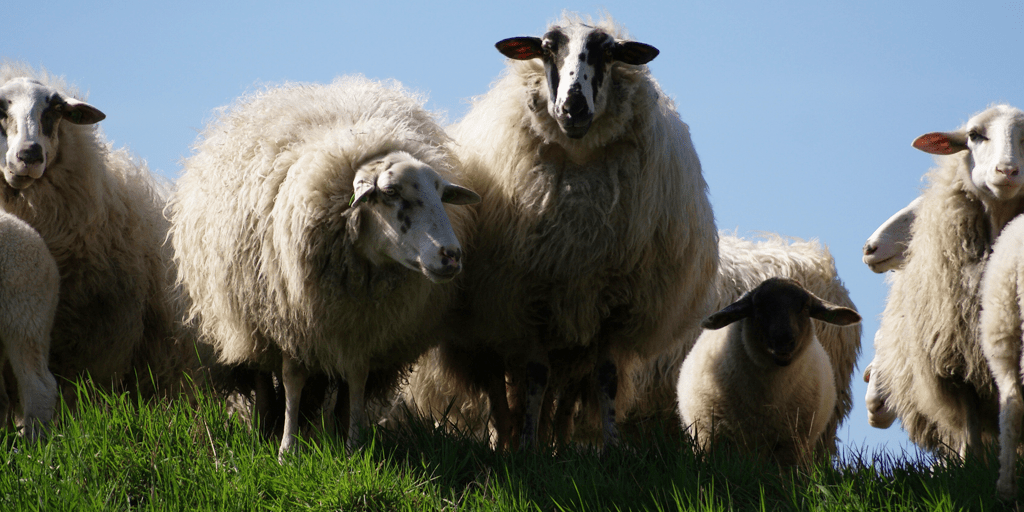This series of four blog posts provides an update on committee activity relating to the potential impacts of Brexit on environmental and agricultural policy across the UK legislatures. It also explores areas that will have impact on these policy areas including international trade, immigration and any potential changes to devolution settlements.
This series sign-posts to committee inquiries held during the summer and autumn and will cover 1) The National Assembly for Wales, 2) The Scottish Parliament, 3) The House of Commons and 4) The House of Lords (with recognition that Northern Ireland Assembly Committees remain dissolved). This final post covers the House of Lords and follows the previous article exploring the House of Commons.
UK Parliament- House of Lords
1. The EU Energy and Environment Sub-Committee
Brexit: energy security inquiry
The Brexit: energy security inquiry aims to highlight the issues the UK Government will need to consider when developing a new energy relationship with the EU. On 6 and 13 September the sub-committee held oral evidence sessions in which it explored:
- the reliance of the UK on interconnectors with the EU for secure gas and electricity supplies, and whether these are at risk post-Brexit;
- whether the UK can leave the EU and retain access to the Internal Energy Market;
- how much influence the UK will have over EU energy policy from outside the EU;
- the effect of Brexit on interconnectors between the UK and the island of Ireland; and
- after the UK withdraws from Euratom, could nuclear power plant investments by EU and non-EU countries continue and how would withdrawing impact ownership and management of nuclear waste.
On 25 October the Sub-Committee questioned Richard Harrington, the Minister for Energy and Industry, on the impact of Brexit on energy security. He stated:
As far as security of supply is concerned, I do not believe it will affect it because we have a very well-functioning, competitive and resilient energy system now…
The capacity market, new nuclear, offshore wind and so on have helped a lot to [achieve diversity of supply]. I believe that government intervention generally—I promise I do not make a political point here—with contracts for difference and the capacity market options, for example, has made sure that we are not too dependent on any particular source of supply.
He also told the Sub-Committee that the UK benefits from electricity interconnections with other European countries which ‘is something that we think can deliver benefits in terms of both cost but also security in being part of the larger market.’
The Sub-Committee is now writing its report on the inquiry.
Brexit: farm animal welfare inquiry
The inquiry, which has now concluded, looked at the risks posed by Brexit on animal welfare standards in the UK. On 25 July the Sub-Committee published its report on Brexit: farm animal welfare. Key findings are that:
- the UK currently has some of the highest farm animal welfare standards in the world and there is cross-sector support for maintaining those high standards after Brexit; and
- the greatest threat to farm animal welfare standards post-Brexit would come from UK farmers competing against cheap, imported food from countries that produce to lower standards than the UK. Therefore, the Government's wish for the UK to become a global leader in free trade is not necessarily compatible with its desire to maintain high animal welfare standards.

Other Committee activity
On 1 November the Sub-Committee questioned Michael Gove, Secretary of State for Environment, Food and Rural Affairs. During the meeting he called for the creation of a UK environmental commission to replicate the functions of the European Commission after Brexit. He also said that as the UK leaves the EU, there is a concern that it could trigger ‘a race to the bottom’. However he rejected this would happen with the UK, stating the intent of the EU (Withdrawal) Bill (‘the Withdrawal Bill’) was to ensure that European law was transposed into UK law. However, he admitted that transposing just the law left a ‘governance gap’.
There was further discussion on the Commission-like body in the Environmental Audit Committee (of the House of Commons) session later that day during which Michael Gove could not confirm if such a body would be in place on exit day or that it would be able to impose fines on government. There was discussion as to whether there would be separate protection bodies for the devolved administrations.
2. European Union Committee
Brexit: devolution inquiry
On 19 July the Committee published its inquiry report on Brexit and devolution. The report addresses specific constitutional issues arising from Brexit for Scotland, Wales and Northern Ireland, both individually and collectively. The main conclusions identified in the Committee’s report are the need for:
- collective cross-working amongst the governments of the UK (the report also recognises the need for the UK Government to make operation of the Joint Ministerial Committee (EU Negotiations) (JMC(EN)) more effective); and
- the existing statutory balance of competences between the UK Parliament and the devolved legislatures to, as far as possible, be unchanged.
- The report warns that any attempt to use Brexit to make a power-grab, either to ‘re-reserve’ powers previously devolved, or to claim more devolved powers will risk instability.
Brexit: deal or no deal inquiry
The inquiry, launched on 26 September, is examining the scenarios under which the negotiations might conclude with ‘no deal’ and what the implications (good and bad) would be. It is also looking at transitional arrangements, whether one is necessary and what the key components would be. It is exploring how the UK-EU relationship could be conducted during the transition period and how long the transition period should last.
3. House of Lords Library
The House of Lords Library has a Brexit round-up of the key reports, analysis and debates on Brexit from the Lords.
The Library publishes briefings on Brexit related matters.
Article by Katy Orford, National Assembly for Wales Research Service






